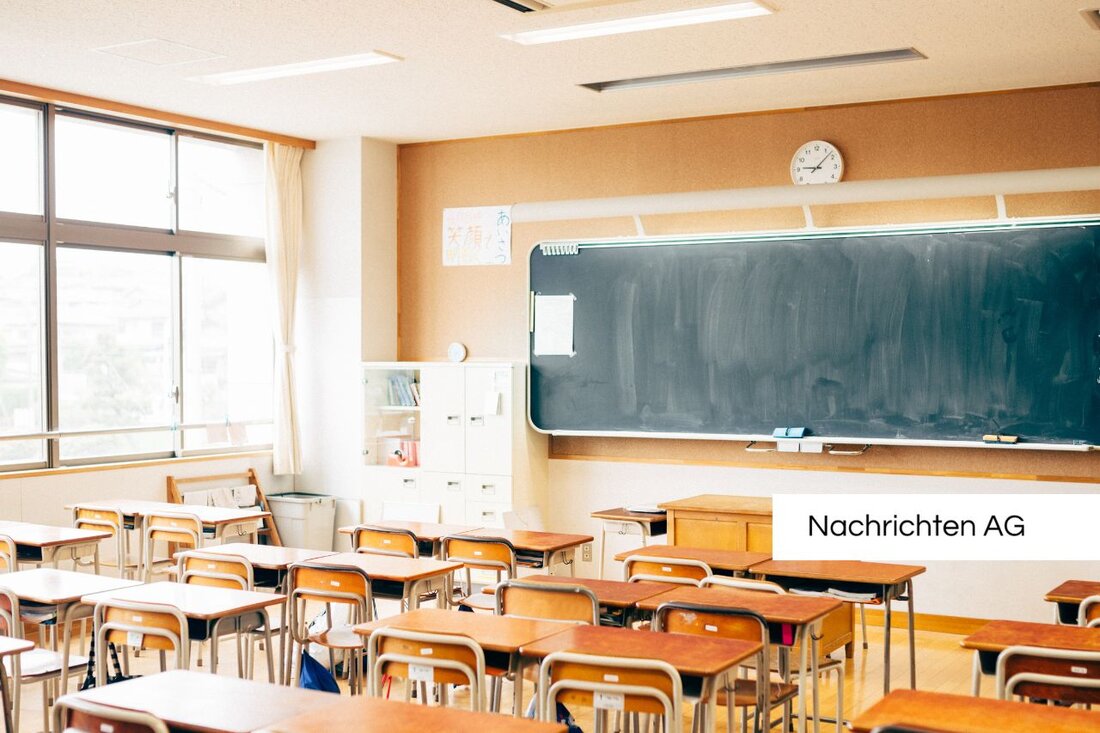Flex-Master in Berlin: teacher training revolutionized for the future!
From the winter semester of 2026/27, the FU Berlin will be offering a new Flex Master for teacher training students in order to better combine study and practice.

Flex-Master in Berlin: teacher training revolutionized for the future!
From the winter semester of 2026/27, a new concept for teacher training courses, known as Flex-Master, will be introduced in Berlin. The aim is to improve the connection between employment and the acquisition of skills in teacher training courses. This is a response to the increasing number of students who have to work at schools during their studies. The new model will be offered at all universities and colleges in Berlin, reports FU Berlin.
A central innovation in the Flex Master is the introduction of a dual study option. This allows students to enter into an employment contract at a school while they continue their studies. This is done by combining an extended practical semester with regular school work. The previous “compact option” for the practical semester remains, and students can choose between both options.
Integration of practice and science
Science Senator Dr. Ina Czyborra (SPD) emphasizes the importance of this dual study option, especially in view of the rising cost of living and the acute shortage of teachers. According to the senator, the Flex-Master is intended to systematically combine scientific training with school practice. This is also supported by adapted study plans, which enable a better compatibility of studies and work.
In addition, the integration of practical school components into university education is being further developed, with a proven support concept with continuous learning support being available to the students. Education Senator Katharina Günther-Wünsch emphasizes the modernization and flexibilization of teacher training courses as an important step. This innovative model is also intended to make the organizational implementation of the dual study programs easier in practice.
Future prospects and challenges
Nevertheless, there are also critical voices about the introduction of dual teacher training courses. The Standing Science Conference (SWK) expresses concerns that students could teach too early without having previously acquired the necessary skills. The term “cumulative competence building” is mentioned in this context. Felicitas Thiel, co-chair of the SWK, also warns of the challenge of supporting dual students at schools that are run by only 10% of undergraduate teachers.
The German Association of Philologists has also expressed concerns and criticized the possible integration of the traineeship into the course of study. The proven two-phase nature of teacher training is considered necessary by many, with the first phase serving as university training and the second phase comprising practical preparatory service. Mark Rackles, on the other hand, sees the dual study option as the opportunity to combine theory and practice from the third semester onwards.
The Education and Science Union (GEW) supports model experiments for dual master's degree programs, but demands that the qualifications be equivalent to the conventional 2nd state examination. The Federal Government's Science Council recommends a stronger interlinking of theory and practical phases, especially in mathematics teacher training, and is aiming to integrate the preparatory service into the teacher training course, as in the future the German school portal reported.

 Suche
Suche
 Mein Konto
Mein Konto
